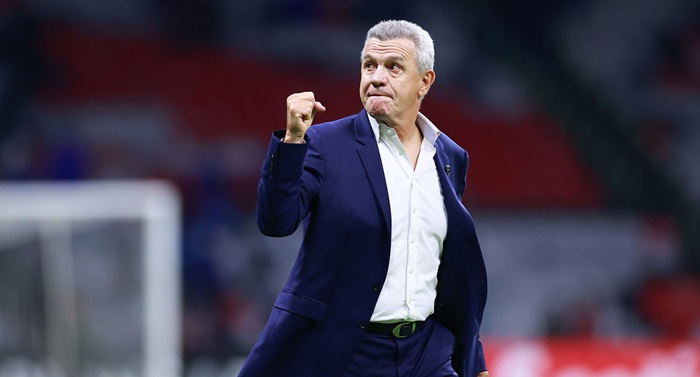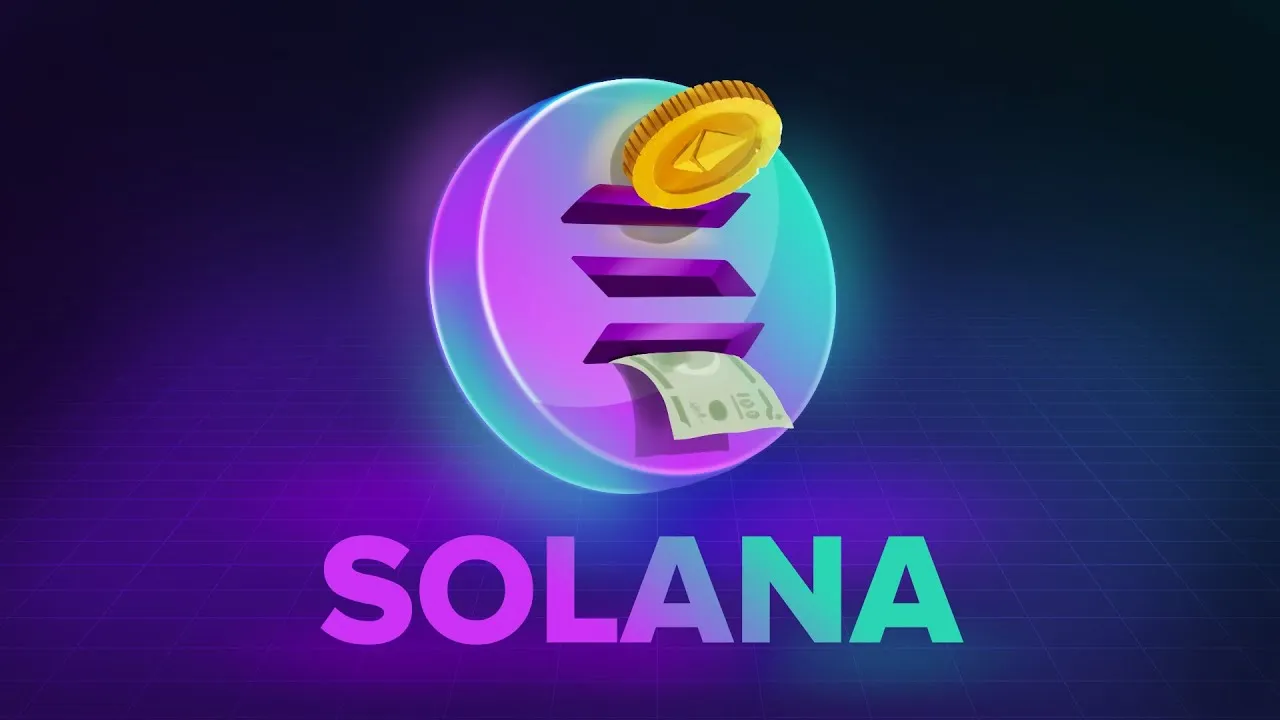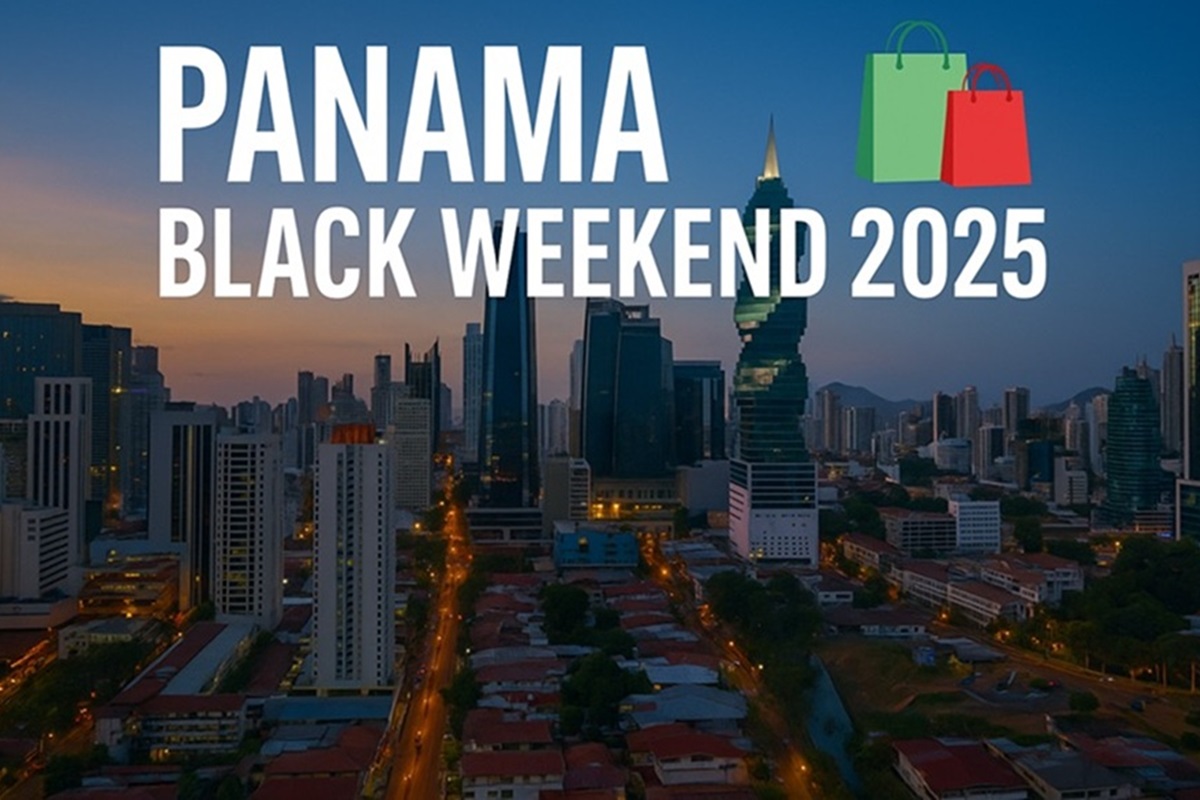For over three decades, the Mexican national team has endured a World Cup saga of frustration, marked by a phrase that has become part of the national sporting lexicon: the “fifth game.” This metaphor refers not only to a specific stage in the World Cup calendar but to a psychological, tactical, and emotional barrier that Mexico has failed to overcome since 1986. The 2026 FIFA World Cup—hosted by Mexico alongside the United States and Canada—opens a new chapter that could break this cycle of disappointment. Could this time be different?
What is the “Curse of the Fifth Game”?
The so-called “fifth game” refers to reaching the quarterfinals. For Mexico, this dream has turned into a nightmare: from 1994 to 2018, El Tri was eliminated in the Round of 16 in seven consecutive World Cups. Not even the group stage has been guaranteed, as seen in Qatar 2022, where the team failed to advance.
The Only Antidote: Playing at Home
Ironically, the only two times Mexico has broken this barrier were precisely when it hosted the World Cup: in 1970 and 1986. On both occasions, the national team reached the quarterfinals—falling to Italy in 1970 and losing to Germany on penalties in 1986, in one of its most memorable performances. In both cases, the home-field advantage was crucial: the team felt supported, motivated, and physically comfortable.
Seven Defeats That Shaped a Generation
1994 – The Beginning of the Ordeal
In the U.S., Mexico topped a tough group but lost to Bulgaria on penalties after a 1-1 draw.
1998 – Germany and the Eleven Fatal Minutes
In France, Mexico had Germany on the ropes, leading 1-0 before conceding two goals in just 11 minutes—a painful emotional blow.
2002 – The Most Humiliating Loss
In their first World Cup clash with the U.S., Mexico underestimated its rival and paid the price with a 2-0 defeat—a lesson still remembered.
2006 – The Impossible Volley
Against Argentina in Germany, a stunning extra-time goal by Maxi Rodríguez ended Mexico’s run—one of the tournament’s most iconic and heartbreaking moments.
2010 – Errors and Controversy
Once again facing Argentina, this time in South Africa, a missed offside call on Carlos Tévez and a defensive blunder crushed Mexico’s hopes.
2014 – The Outrageous Penalty
In Brazil, Mexico was moments away from advancing when a controversial foul by Rafael Márquez on Robben led to the goal that sealed their elimination.
2018 – Neymar’s Dominance
In Russia, Brazil decisively outclassed Mexico. The gap in quality was evident, and El Tri had no answers.
2026: Can the Story Be Different?
Mexico will become the first country to host three World Cups. It will play at home in three cities: Mexico City, Guadalajara, and Monterrey. Statistics are clear: El Tri performs better on home soil. Familiarity with the environment, climate, and fan support could be key factors.
As hosts, Mexico is exempt from World Cup qualifiers, allowing for a longer and more structured preparation period. This could be decisive in building a serious football project.
Related article: Mexico City Prepares to Conquer the 2026 FIFA World Cup
The Rebirth of El Tri Under Javier Aguirre: Titles, Style, and a Hungry Generation

Javier Aguirre’s third stint as head coach of Mexico has marked a turning point. Since his return in July 2024, the “Vasco” has accomplished what seemed impossible after the Qatar debacle: restoring El Tri’s competitiveness in the region, recovering lost pride, and building a solid foundation for 2026. He’s done it his way—no grand speeches, just clear results and a defined tactical identity.
In just one year, Aguirre led the team to its first-ever CONCACAF Nations League title with a 2-1 win over Panama in the final, and he successfully defended the 2025 Gold Cup title with another 2-1 victory over the United States. These trophies make Aguirre the most successful coach in Mexico’s national team history, with three official titles and a record 49 wins in 77 matches across his three tenures—surpassing legends like Manuel Lapuente and Ricardo La Volpe.
Aguirre’s squad selection strikes a balance between World Cup experience and promising youth. In goal, Luis Malagón has cemented his spot as the starter, with Raúl Rangel as a reliable backup and Guillermo Ochoa as an occasional mentor. While, in defense, César Montes and Johan Vásquez are the undisputed center-back pairing, supported by versatile full-backs like Jesús Gallardo and Israel Reyes.
In midfield, Edson Álvarez has emerged as the team’s true leader—captain and tactical anchor, the heart of El Tri. Alongside him, Luis Chávez, Luis Romo, Orbelín Pineda, and Carlos Rodríguez contribute ball movement, attacking runs, and pressing. This midfield has gained depth, tactical intelligence, and endurance.
In attack, the duo of Raúl Jiménez and Santiago Giménez offers aerial strength, mobility, and finishing. Giménez, in particular, is shaping up to be the key man for 2026. Newly naturalized Julián Quiñones adds explosiveness and flair, while César Huerta and Alexis Vega provide width and alternatives on the flanks.
This group has shown composure in crucial moments—blowout wins over Honduras and Canada in knockout stages, a solid win against the U.S. in an official match, and comebacks against tough opponents all demonstrate that El Tri has gained personality. This team doesn’t just compete—it delivers.
The Goal Is Clear: Break the Curse
Aguirre has made no secret of his ambition: to take Mexico to the sixth game of the 2026 World Cup. He says it with the experience of someone who has already coached in two World Cups—and with the conviction of someone who sees the conditions in place to achieve it.
Aguirre’s real challenge is not only technical but psychological. Breaking the fifth-game curse means rewriting the mental script that has haunted El Tri for over thirty years. To do that, “El Vasco” is betting not only on results but on building a collective identity capable of handling the pressure of playing at home. So far, he has shown the character, method, and leadership to take on that mission.
For the first time in a long while, Mexico enters a World Cup without a crisis or last-minute changes. It arrives with trophies, a clear style of play, and a team that believes. If the curse is to be broken—this might just be the moment.







